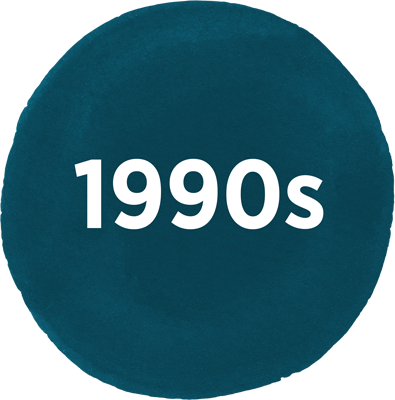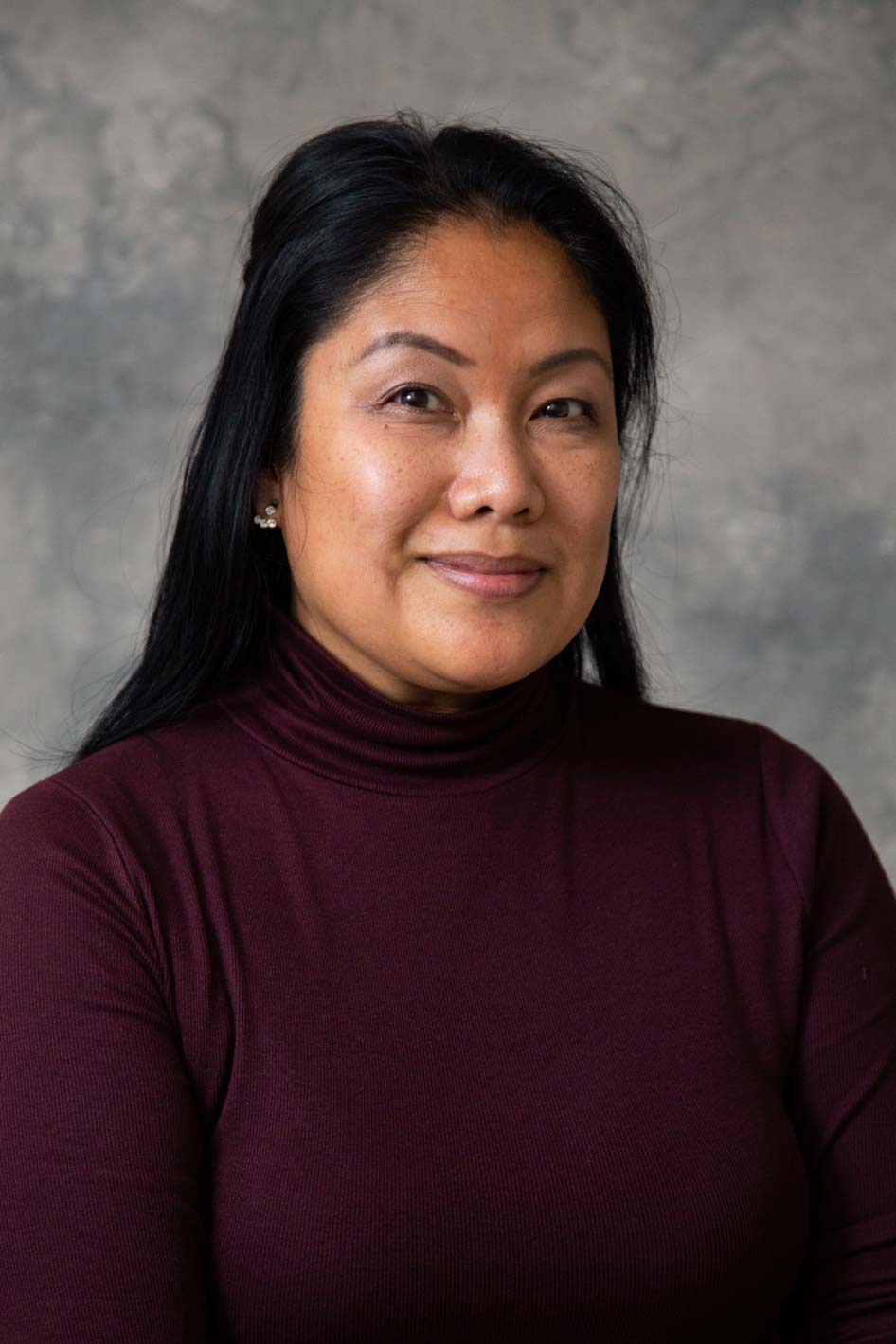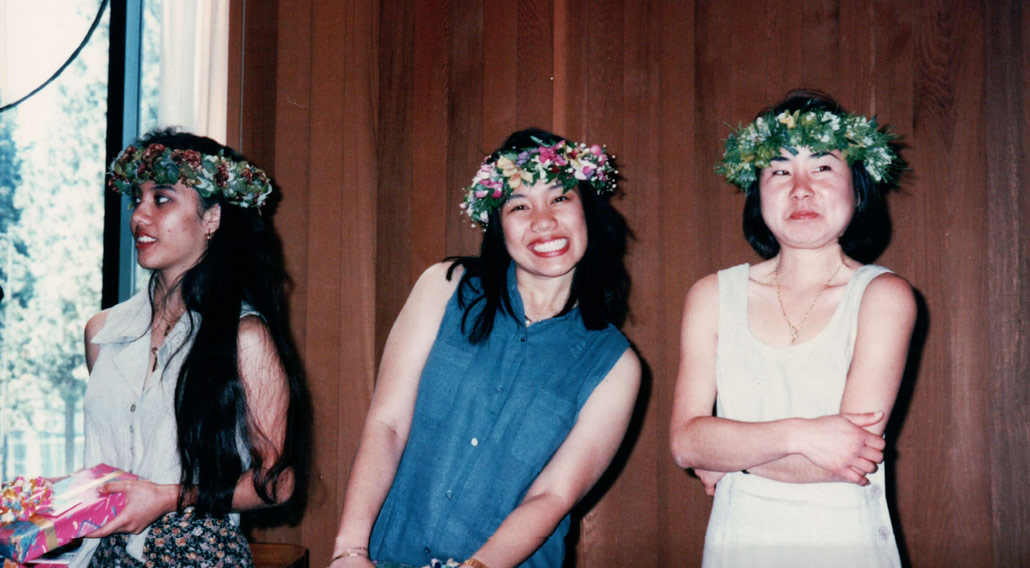'People want to see themselves represented'
I was born in Manila and immigrated to Hawaii at the age of 2, as my dad was living there. It was tough for my mom to let me go away to college, being her firstborn, so she limited me to the West Coast. I wanted to experience all four seasons and that's how I chose Whitworth.
I was an avid reader growing up and I liked writing. I wrote for my junior high and high school student newspapers. I took creative writing at Whitworth, where I learned from Laura Bloxham and Laurie Lamon. I found the curriculum inspired students to be their authentic selves, and I decided to minor in creative writing.
After graduating I moved to California, not knowing how long I'd stay. I was temping a lot in various marketing and communication jobs in the entertainment industry – product placement, publicity, international film distribution, etc. My first real job was at Paramount Network television assisting the vice president of drama development. He liked my résumé, having tried a lot of things, and he felt I could bring all of those experiences to my assistant role.


